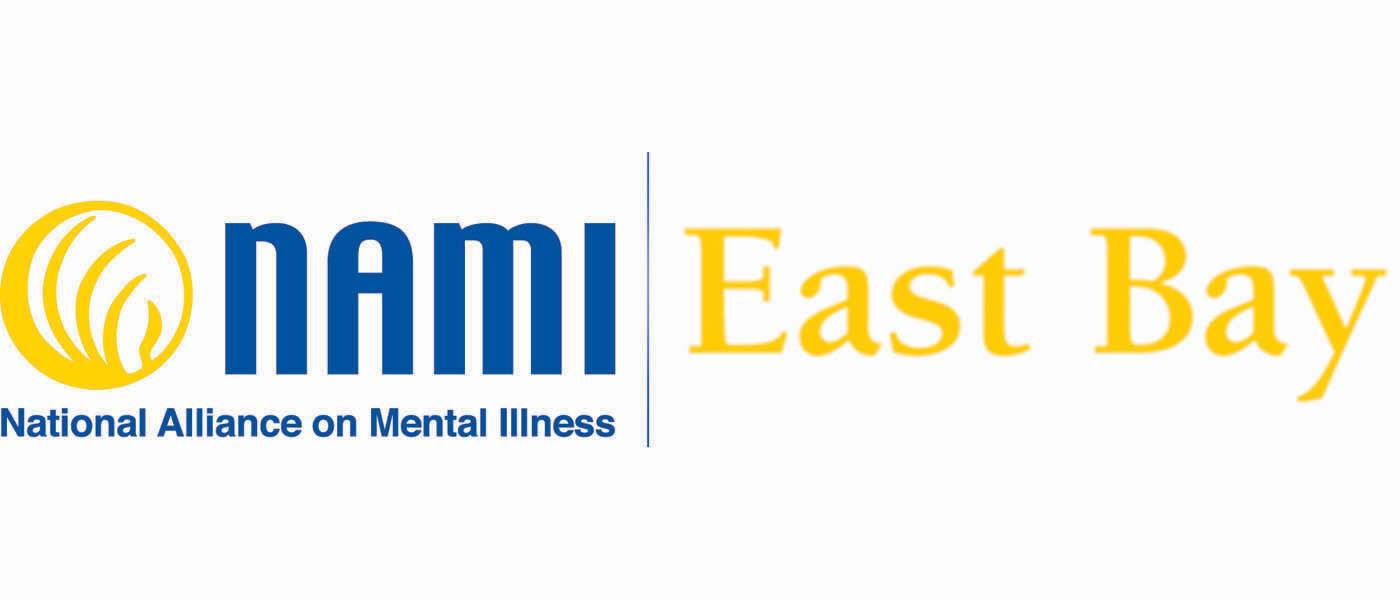Planning for the Future – When Caregivers are No Longer Present:
Video recording link:
https://us02web.zoom.us/rec/share/PDI22zXfaOD85aFukUI1G7o9qvVDra0S062Do8rF6eFToCTe6BgTmqJJ5lwcWaUJ._5cLaOeK8glqOAnZ
Passcode: HF!g6egE
Summary notes – Planning for when Caretaker is Gone, Sept 27 – see video recording:
Warm up: Serenity Prayer (paraphrased) – know what things you can change and what things you can’t change and have the wisdom to understand the difference.
We can’t anticipate the amount and kind of grief our loved one will experience when we leave…and how this will impact coping
Legal/Financial: Estate planning generally means attorney involvement around Living and Special Needs trusts. Nolo Press does have a book on Special Needs Trust but you may want to have your efforts reviewed by a legal professional. Baron Miller’s book Laws We Need to Know – Understanding Rules and Programs for Persons with Mental Illness is recommended
Housing – some resources are 2-1-1 (Eden Information and Referral), www.covia.org for home share matching, www.acmhsa.org -> Housing Solutions for Health.
We anticipate funding for more housing coming from state legislation and voter approval. The number of Board&Care facilities is declining due to costs and lack of support for operators.
Linder (Linder.allen@gmail.com) talked about the family-initiated Vernon Street home in Oakland’s Lake Merritt area where plans are for 7 individual units and one shared apartment. The families will be owners through either a tenants in common or limited equity housing cooperative.
Daily functioning: Financial – the county does provide representative payees to handle SSI monies- we don’t know how mobile this service is. Whereas ATMs are handy to get cash, there is a security issue of users being targeted. Debit cards are a good alternative and since they require a passcode, they are not as vulnerable to being stolen as are credit cards.
Personal – is your loved one able to handle laundry, cooking, shopping, personal hygiene, medication usage and refills? IHSS (In Home Support Services) is a funded program that provides in home support, dependent on client needs. Meals on Wheels and www.care.com are also resources
Insurance – MediCal and Medicare are necessary for most county services, with exceptions being crisis situations and Wellness centers. Private health insurance can often provide services which are not advertised. Use of the word “parity” could a useful tool in a push for more services.
Socialization- Isolation is a common problem and social skills do not always come naturally. Wellness centers, run by agencies, are drop-in day centers offering social activities and groups – see list on our website www.namieastbay.org under Direct Peer/Consumer Services
There is a new process that is giving us folks with PSS (Peer Support Specialist) certificates. These are family members and consumers with lived experience who have gone through training and may be available for individual socializing relationships …something to consider once it is more established.
Case management: The county’s Full Service Partnerships, administered by agencies, are wrap around trans-disciplinary services for those most impaired by mental illness. Eligibility criteria are stringent. There are private case managers and case management can be arranged through fiduciary firms and Proxy Parent. On our website, go to Private Case Management Services
*note – for every rant about a service or staff, there is a rave. It all depends on the personal characteristics of the service provider, the receptivity of the client, and the connection they make. And, of course, eligibility can always be an issue to consider.
As our loved ones become elderly, there may be more outreach services available through the county’s Older Adult services. Another idea is to explore the issue of Assisted Living, which may be a possibility if there is cognitive decline or other such disabilities that take precedence over the underlying disorder.
